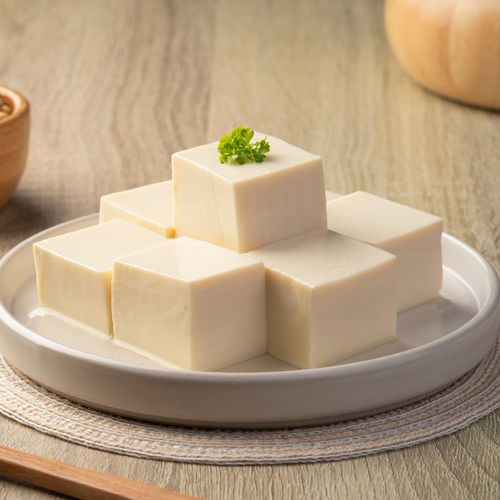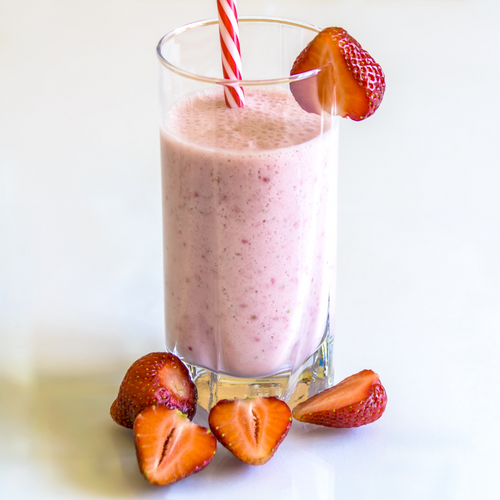Preserving the diversity of its microbial population is just as essential as ensuring the health of their habitat. But it's still a subject that we don't talk about much, so let's try to see it more clearly.
What is the intestinal wall?
The intestinal wall is 4 layers of mucosa, submucosa, fibers, membranes... In which we find pores, orifices whose size is intended to be millimeter. A complex structure, which allows it to perpetuate essential functions in our body. Its primary role is provided by the mucous membrane, it is a defense function, since we speak of an “intestinal barrier”. This term refers to the ability of this organ to remove any unwanted content while preserving the absorption functions of nutrients through the wall, so that they then pass throughout the body.
This is why it is essential to preserve the health of your intestinal wall: it is one of the first barriers between the external environment and our internal environment. This is all the more important in a world like ours where we are highly exposed to pro-inflammatory molecules, pathogens, toxins, and other harmful substances that come into contact with our intestines, mainly through food. By not paying attention to protecting your intestinal wall, you are more exposed to these substances and this is due to a phenomenon called “intestinal porosity”. When we talk about porous intestines, we are talking about a problem with the famous pores mentioned above. These are of a precise size, to allow nutrients to pass through, while preventing harmful substances from penetrating. An intestine is said to be “porous” when its pores are no longer the right size, they become too large and allow certain harmful substances to pass through.
What are the consequences of an altered intestinal barrier?
Various intestinal disorders, weakened immune system, headaches, concentration problems, chronic fatigue, skin problems, overeating, psychological disorders... The consequences of a porous intestine are as vast as those of an unbalanced microbiota, and we are surely still far from having discovered them all.
These symptoms being relatively common, it is difficult to identify intestinal porosity, and although certain medical tests exist (blood test, urine analysis, respiratory tests, etc.), we often miss them. But by identifying the causes that could be part of our lives, it is possible to identify a potential alteration of the intestinal barrier, act accordingly and see if the symptoms persist.
What are the causes of this phenomenon?
Alcohol, stress, infections, but also certain treatments, industrial food, undernutrition/malnutrition, nutritional deficiencies... All these factors contribute to intestinal hyperpermeability. But one of the most important factors is dysbiosis (itself strongly correlated with the causes mentioned above). Ultimately, everything is linked, and when you neglect your microbiota, it is the intestinal wall that takes over, then the entire body by passing toxins throughout the entire body.
How to take care of your intestinal wall?
To preserve or restore the integrity of your intestinal wall, you should respect a few main principles:
- Eat healthy and balanced, focusing on raw foods and avoiding ultra-processed foods as much as possible.
- Limit the risk factors for dysbiosis and intestinal porosity previously cited.
- Preserve the balance within your intestinal microbiota: in a society like ours, where threats to our different flora are omnipresent, it is often more judicious to supplement with an oral intake of quality probiotics , i.e. i.e. with a minimum of 10 billion CFU per dose, a multi-strain formulation and certified production/storage conditions.
- Diagnose and work on dietary deficiencies.
- Consume Glutamine ! This amino acid is the preferred fuel for the intestinal barrier. Studies have shown that 1g of glutamine per day strengthens the wall and reduces intestinal permeability. The DIJO formula concentrates 3g of glutamine to allow your intestinal barrier to fulfill all its functions. Thus, we find fluid digestion, regulated transit, a detoxified body, clearer skin and fewer digestive disorders.
Sources:
[1] Viljoen, M., Panzer, A., & Willemse, N. (2003). Gastrointestinal hyperpermeability: a review. East African medical journal , 80 (6), 324–330.
[2] Nicard, Q. (2016). Small intestine. Health passport . https://www.passeportsante.net/fr/parties-corps/Fiche.aspx?doc=small-intestine
[3] Ghouzali, I., Lemaitre, C., Bahlouli, W., Azhar, S., Bôle-Feysot, C., Meleine, M., Ducrotté, P., Déchelotte, P., & Coëffier, M. (2017). Targeting immunoproteasome and glutamine supplementation prevent intestinal hyperpermeability. Biochimica et biophysica acta. General subjects , 1861 (1 Pt A), 3278–3288.
[4] Wang B, Wu G, Zhou Z, Dai Z, Sun Y, Ji Y, Li W, Wang W, Liu C, Han F, Wu Z. Glutamine and intestinal barrier function. Amino Acids. 2015 Oct;47(10):2143-54. doi:10.1007/s00726-014-1773-4. Epub 2014 Jun 26. PMID: 24965526.
[5] Ilchmann-Diounou H, Menard S. Psychological Stress, Intestinal Barrier Dysfunctions, and Autoimmune Disorders: An Overview. Front Immunol. 2020 Aug 25;11:1823. doi: 10.3389/fimmu.2020.01823. PMID: 32983091; PMCID: PMC7477358.
[6] Fukui H. Increased Intestinal Permeability and Decreased Barrier Function: Does It Really Influence the Risk of Inflammation? Inflamm Intest Dis. 2016 Oct;1(3):135-145. doi:10.1159/000447252. Epub 2016 Jul 20. PMID: 29922669; PMCID: PMC5988153.



















